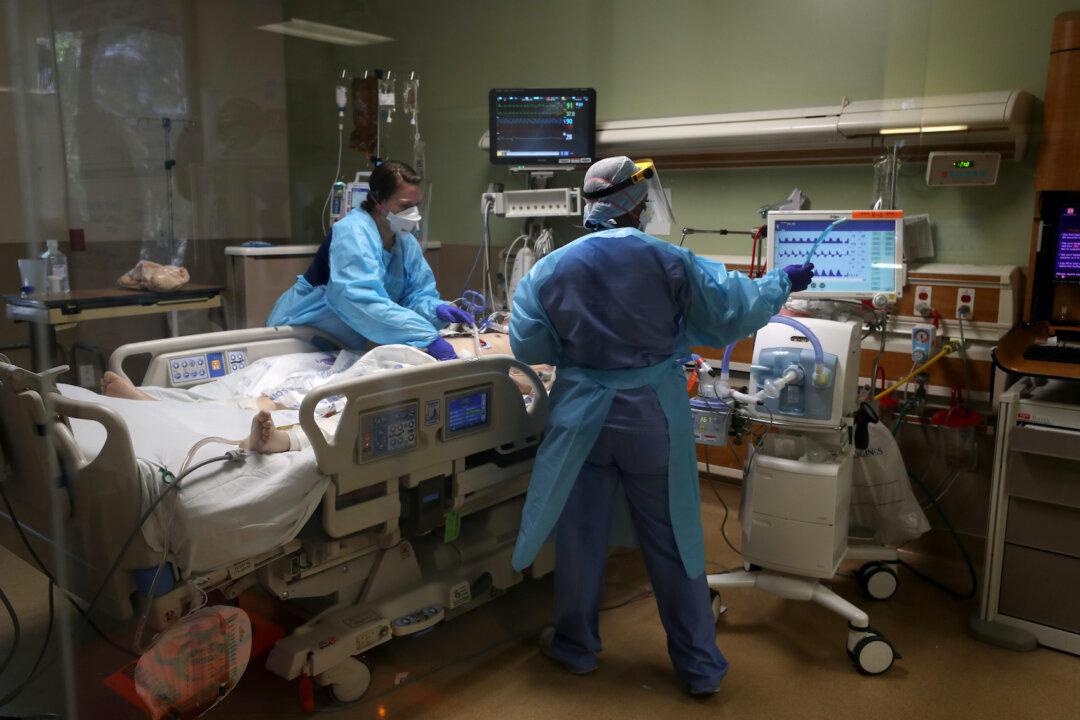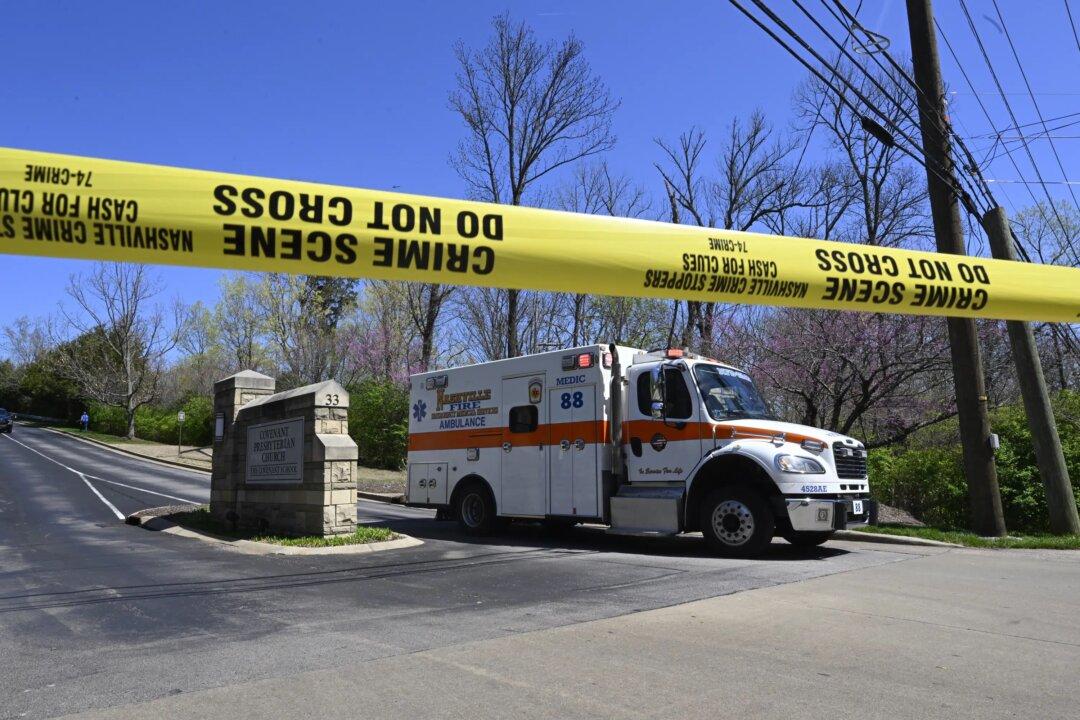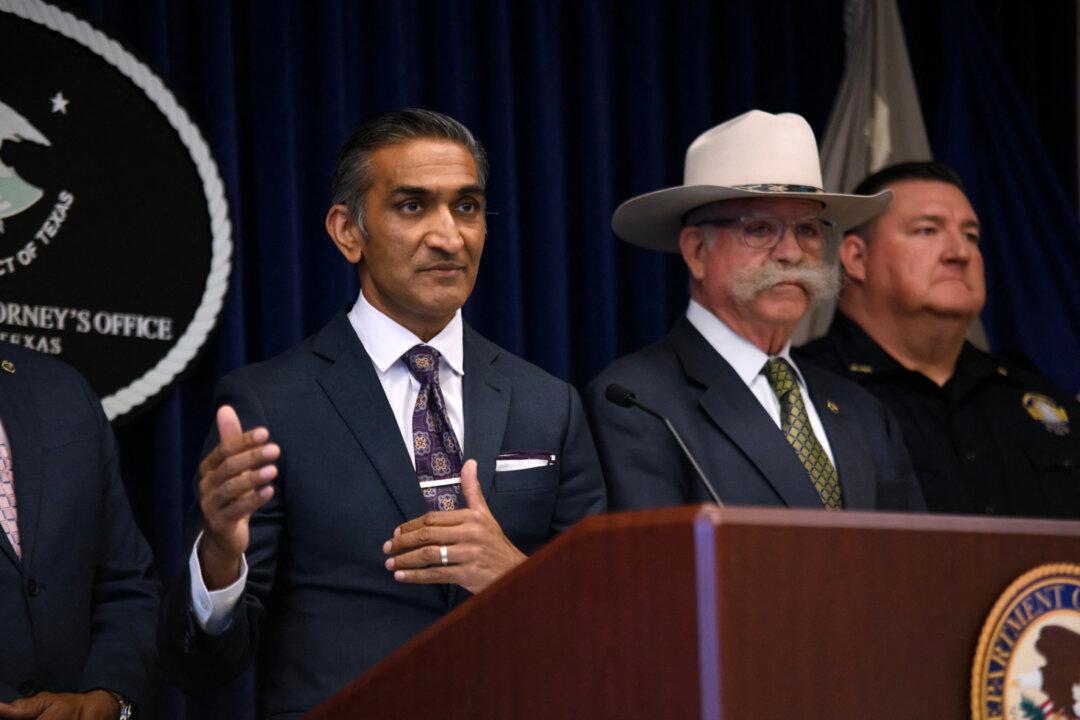A surge of ransomware attacks at hospitals across America are posing a serious risk to both important hospital infrastructure and patient care, according to industry leaders and cybersecurity experts.
On Wednesday, University of Vermont Medical Center President and COO Stephen Leffler testified before a congressional panel on how a ransomware attack in October 2020 placed the medical facility in a state of crisis.





